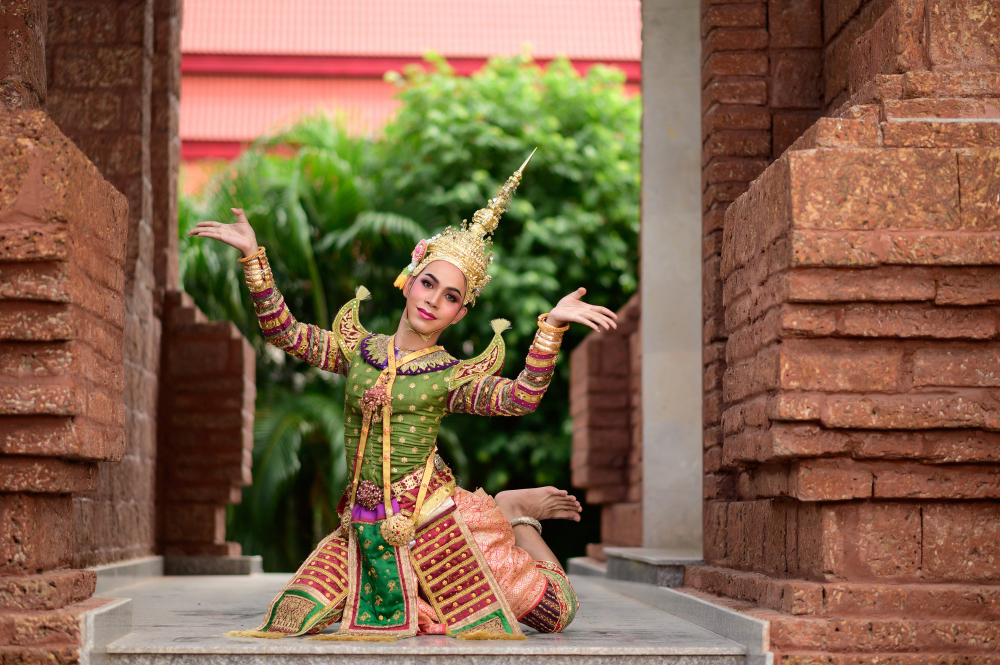Understanding Thai Culture: More Than Just Smiles
Thailand is famous for its stunning beaches, vibrant street markets, and flavorful cuisine, but its deeply rooted customs and traditions are just as captivating. Known as the Land of Smiles, Thailand warmly welcomes travelers, yet understanding its cultural etiquette can make your visit even more special. Knowing the do’s and don’ts will not only help you blend in but also show respect for the local culture.
Do’s and Don’ts in Thailand
1. Do: Greet with a Wai
The traditional Thai greeting, called a wai, involves placing your palms together in a prayer-like gesture and bowing slightly. It’s a sign of respect and is used widely in both formal and informal settings. While not expected to initiate a wai as a foreigner, it’s polite to return it when greeted.
Pro Tip: Avoid initiating a wai with service staff or younger individuals—it’s usually reserved for elders or people of higher status.
2. Don’t: Touch Anyone’s Head
In Thai culture, the head is considered the most sacred part of the body. Touching someone’s head, even playfully, is seen as disrespectful—especially with elders or monks.
3. Do: Dress Modestly at Temples
When visiting temples or religious sites, dressing appropriately is a must. Avoid sleeveless tops, shorts, or revealing clothes. Cover your shoulders and knees to show respect for traditional Thai values.
Tip: Carry a scarf or shawl in your bag—many temples require covering up before entering.
4. Don’t: Point with Your Feet
Feet are considered the lowest and dirtiest part of the body in Thai cultural norms. Never point your feet at people, religious objects, or images of the King. When sitting, avoid stretching your legs towards others and never step over someone seated on the floor.
5. Do: Show Respect to the Royal Family
The Thai Royal Family is highly revered. Disrespect towards them is not only culturally inappropriate but also illegal. Stand for the national anthem when played in public places like cinemas or events—it’s part of respecting Thai culture.
6. Don’t: Raise Your Voice or Lose Temper
Keeping your cool is important in Thailand. Public displays of anger or frustration are frowned upon. Thais value harmony and calmness, so staying composed shows you understand how to behave in Thailand.
7. Do: Remove Shoes Before Entering Homes and Temples
It’s customary to remove your shoes before entering someone’s home, certain shops, and all temples. Look for a pile of shoes at the entrance as a sign.
8. Don’t: Display Public Affection
While holding hands may be acceptable in tourist-heavy areas, hugging or kissing in public is generally not a part of Thai customs and should be avoided.
9. Do: Use Both Hands to Give or Receive
When handing over money, gifts, or documents, use both hands or your right hand supported by your left. It’s a subtle way to show politeness and respect.
Bonus Tips for Tourists:
- Learn a few basic Thai phrases—it shows effort and respect.
- Avoid touching or stepping over religious objects.
- Never climb on Buddha statues for photos—it’s deeply offensive.
- Respect personal space—avoid overly expressive gestures.
Why Understanding Thai Etiquette Matters
Knowing the cultural do’s and don’ts in Thailand isn’t just about avoiding faux pas—it’s about immersing yourself in a culture that values respect, humility, and harmony. Practicing Thai etiquette as a tourist enhances your experience, earns local appreciation, and builds bridges across cultures.
Thailand’s charm lies as much in its people and traditions as in its breathtaking scenery. By aligning with Thai cultural norms, you don’t just visit—you connect, understand, and truly respect Thai culture.
Final Word: Travel Respectfully
When planning your next adventure, include a quick review of Thailand travel tips related to etiquette. Knowing what not to do in Thailand can be the difference between being just another tourist and a thoughtful traveler who honors local ways.
Whether it’s your first visit or your fifth, Thai culture always offers something new to learn—and that journey of respect starts with you.
Travel mindfully, respect deeply, and discover the true essence of Thailand.






